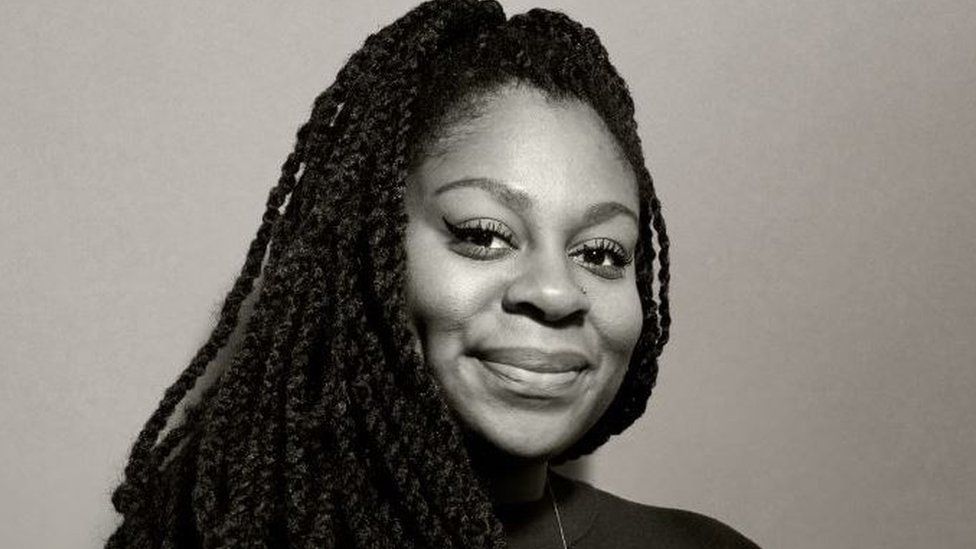 |
| Author Lionel Shriver has written several novels including The Post-Birthday World and We Need to Talk About Kevin |
Lionel Shriver attacks Penguin publisher's inclusion policy
Writer Lionel Shriver has accused publisher Penguin Random House of putting diversity ahead of quality.
It says new authors should reflect the UK population by 2025, "taking into account ethnicity, gender, sexuality, social mobility and disability".
It has also said job applicants would no longer need to have a degree.
The We Need to Talk About Kevin author said the publishers were "drunk on virtue".
Writing in the Spectator, Ms Shriver said: "Penguin Random House no longer regards the company's raison d'être as the acquisition and dissemination of good books.
"Rather, the organisation aims to mirror the percentages of minorities in the UK population with statistical precision."
In the article she suggested that a manuscript "written by a gay transgender Caribbean who dropped out of school at seven" would be published "whether or not said manuscript is an incoherent, tedious, meandering and insensible pile of mixed-paper recycling".
Ms Shriver also said she found it "alarming" that the publishing house was no longer requiring new staff to have degrees.
On its website, Penguin Random House says the publishing industry does not reflect current society and that making publishing more inclusive is "both a cultural and commercial imperative."
It is for this reason, the company said, that it would aim to have its staff and authors mirror the population of the UK by 2025.
Progress towards this goal - which was announced last year - will be published on an annual basis.
Candice Carty-Williams is a writer who has also worked at Penguin Random House for almost two years.
She supports the company's attempts to make both its staff and authors more reflective of the UK population.
"It's been proven that more diverse workforces foster a more innovative and creative environment and results," she says.
She argues there are many longstanding barriers preventing people from minority groups getting into the industry.
"How will this change unless initiatives are put in place to redress this balance?" she asks.
Concerning Ms Shriver's argument that quality will suffer as a result of the policy, Ms Carty-Williams says: "Since when were good books and cultural representation mutually exclusive?"
She argues Penguin Random House are simply trying to make literature culturally reflective, "not because it's a box-ticking exercise or because it's the 'right thing to do', but because it matters".
A Penguin Random House spokesperson said: "Our company-wide goal is driven by our strong belief that the books we publish should reflect the diverse society in which we live.
"After all, books shape our culture, and this should not be driven only by people who come from a narrow section of society.
"We acquire all our writers on talent, first and foremost.
"However, in setting this goal we recognised that we needed to do more in actively seeking out talented writers from communities under-represented on the nation's bookshelves."




No comments:
Post a Comment